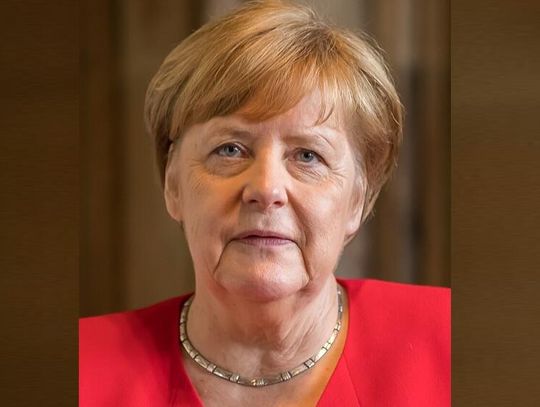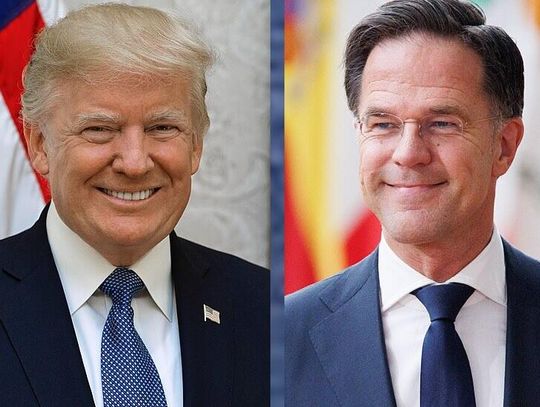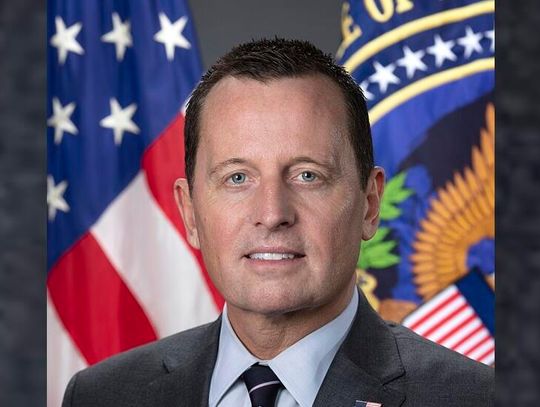U.S. Representative Mike Quigley (IL-05), Co-Chair of the Quiet Skies Caucus, introduced the FAA Community Accountability Act to give local communities a say in the Federal Aviation Administration’s (FAA) decision-making process regarding flight paths.
“My constituents back home in Chicago are facing unprecedented noise pollution from passing aircraft that is eroding their quality of life, lowering their property values, and impacting their health. But this is clearly not just a Chicago issue,” said Rep. Quigley. “Communities across the country are experiencing increased airplane noise, and it’s time for the FAA to be more accountable and responsive to their concerns. I’m proud to introduce the FAA Community Accountability Act with my colleagues to ensure that the voices of our constituents are heard before changes to flight paths are considered.”
The FAA Community Accountability Act, sponsored by Rep. Ruben Gallego (AZ-07), would establish a new community involvement process for future flight path changes under the FAA's NextGen program to better consider the effects of those changes on communities. The legislation would also end the presumption under current law that flight paths implemented through the NextGen program may not follow pre-existing routes, even when these paths better reflect land use around the airport.
The bill would designate Community Ombudsmen to serve as effective, independent voices for airport communities within the agency. Finally, the bill would prevent the FAA from bypassing the environmental review process for new flight paths over the objections of local communities.
The bill’s original cosponsors include Reps. Ruben Gallego (AZ-07), David Schweikert (AZ-06), Steve Israel (NY-03), Ann Kirkpatrick (AZ-01), Anna G. Eshoo (CA-18), Katherine Clark (MA-05), Stephen F. Lynch (MA-08), Eleanor Holmes Norton (DC), Joseph Crowley (NY-14), Gregory Meeks (NY-05), Grace Meng (NY-06), Kathleen Rice (NY-04), Alan Grayson (FL-09), and Don Beyer (VA-08).
“Last September, the FAA altered flight paths for aircrafts departing from Phoenix’s Sky Harbor International Airport. The changes were made without meaningful input or consultation with community members or civic leaders, and have caused severe noise disruptions that have lowered the quality of life for many members of my community,” said Rep. Gallego. “My bill would help address this problem in Phoenix and make sure that other communities across the country don’t suffer the same consequences of the FAA’s opaque decision-making process.”
O’Hare International Airport became a part of Illinois’ Fifth Congressional District in January 2013. Since then, Rep. Quigley has met continuously with neighborhood organizations and aviation officials to discuss solutions to increased noise pollution resulting from the O’Hare Modernization Program (OMP). Recently, he and other Illinois representatives released a statement in response to the Chicago Department of Aviation’s (CDA) plans to mitigate O’Hare noise after a previous letter was sent to the organization pushing them to address practical solutions to noise complaints. Rep. Quigley joined other members of the Quiet Skies Caucus in a letter to House Transportation and Infrastructure Committee with recommendations for the FAA 2015 Reauthorization Act that would help address the harmful impacts of aircraft noise on communities across the country. In May, he secured language in the FY16 Transportation, Housing and Urban Development (THUD) funding bill mandating the FAA develop short and long-term measures to mitigate excessive airplane noise experienced by local communities around O’Hare International Airport.
In a March hearing of Appropriations Transportation, Housing and Urban Development, and Related Agencies (THUD) Subcommittee, Rep. Quigley pressed FAA Administrator Huerta on the need to lower the 65 DNL metric in the long term but insisted that the FAA work with the Chicago Department of Aviation (CDA) to provide immediate short term solutions for the communities affected by the O’Hare Modernization Program. In November, Rep. Quigley, along with Reps. Duckworth and Schakowsky, urged CDA to improve the O’Hare noise complaint process by creating a dedicated O’Hare noise complaint line, manned by personnel versed on the noise issue to begin to get a truly accurate count of constituent complaints. He also pushed the Federal Aviation Administration (FAA) to conduct new public hearings and issue a new environmental impact study (EIS) of the OMP in response to questions raised over the hearing process and noise levels that exceeded expectations. He also repeatedly called on the FAA to change the outdated noise metric that could allow more homeowners and businesses to qualify for soundproofing programs. In Congress, Rep. Quigley helped create the Quiet Skies Caucus and introduced the Silent Skies Act to help combat aircraft noise on a national level.
Press Release
fot.Tannen Maury/EPA
Quigley Introduces Bipartisan Bill to Address Flight Routes and Aircraft Noise Issues
- 11/08/2015 09:49 PM
Reklama











